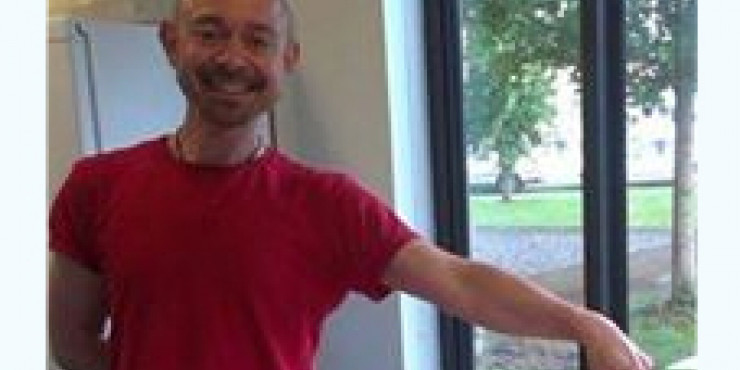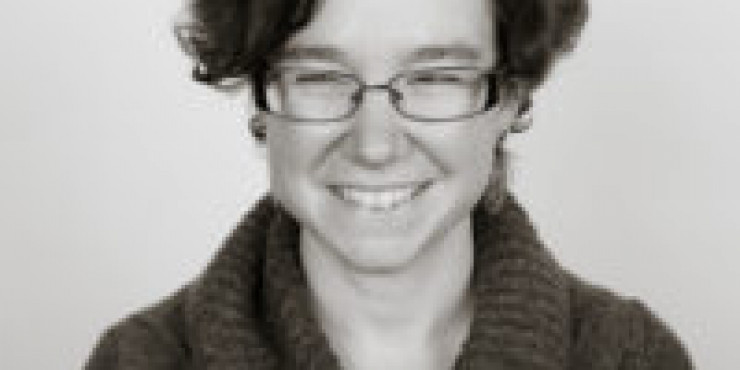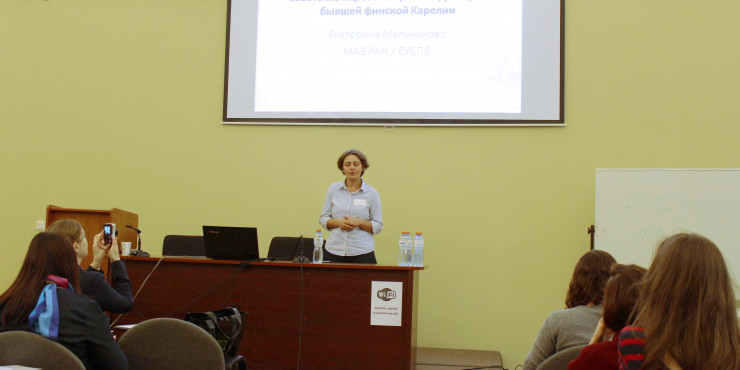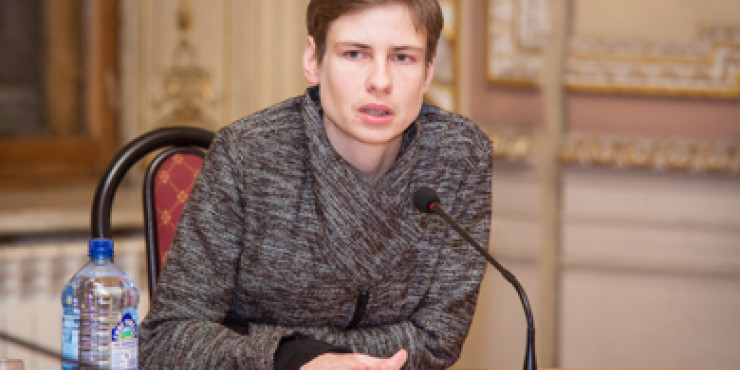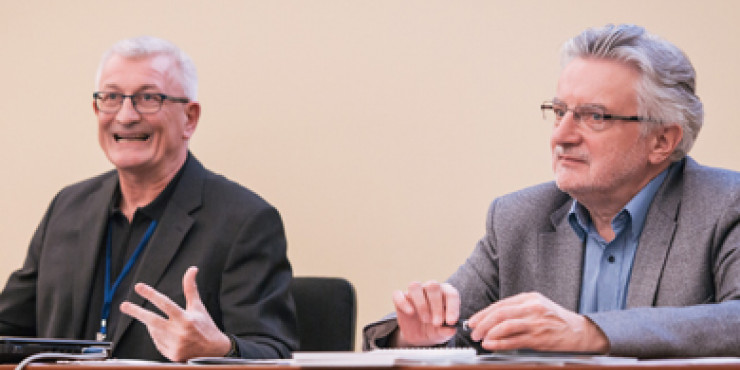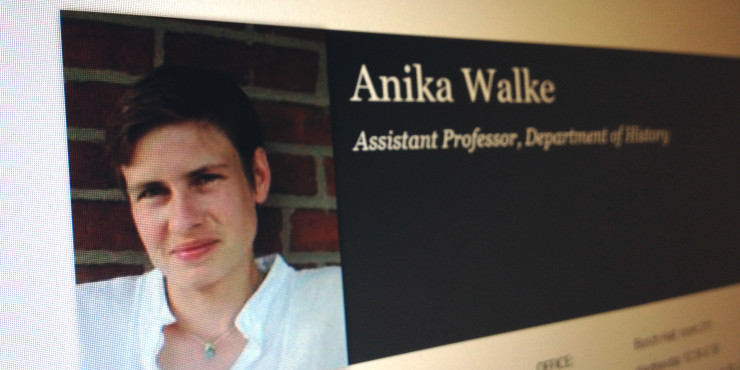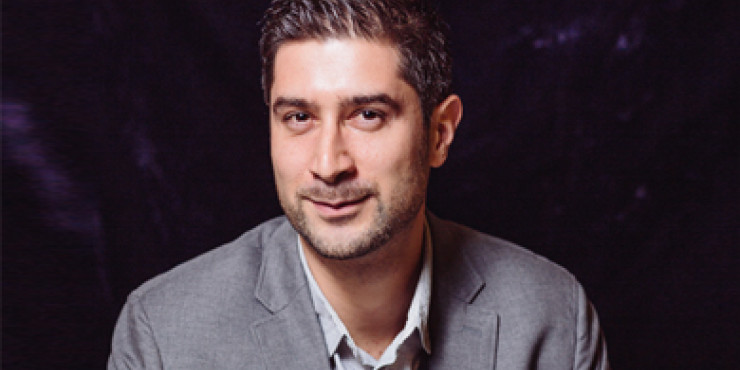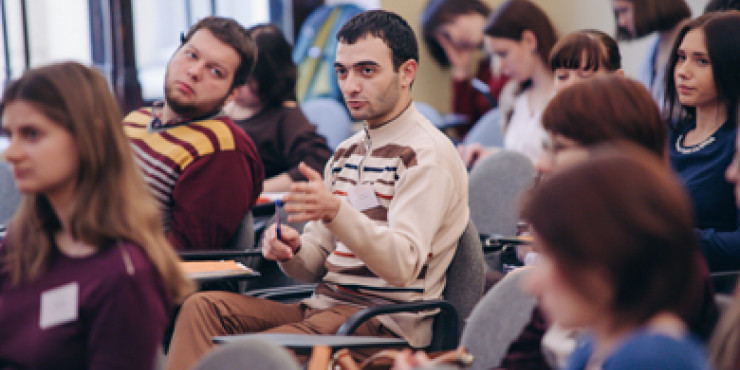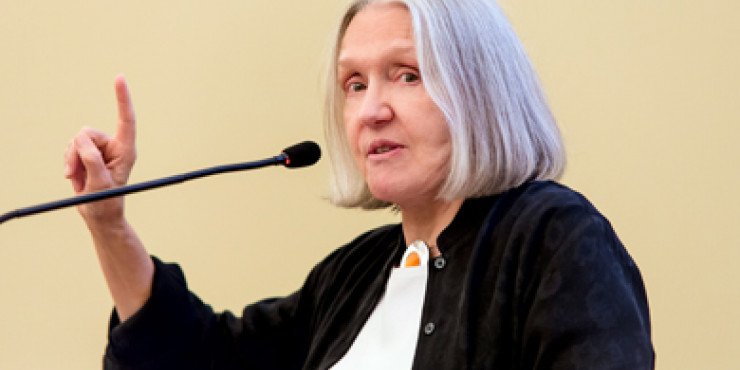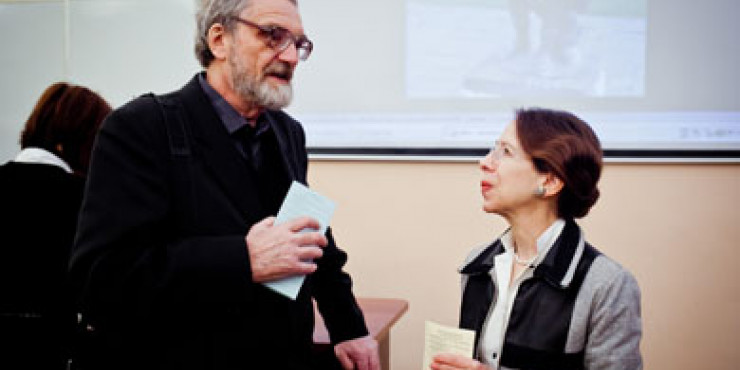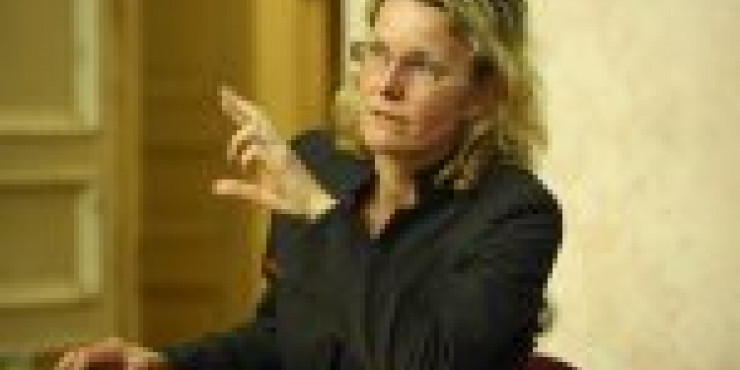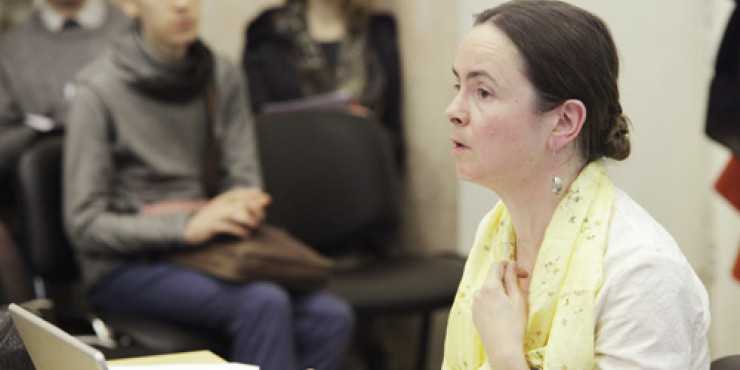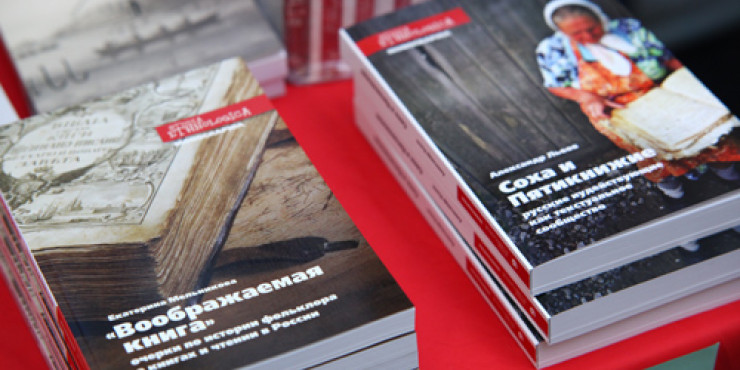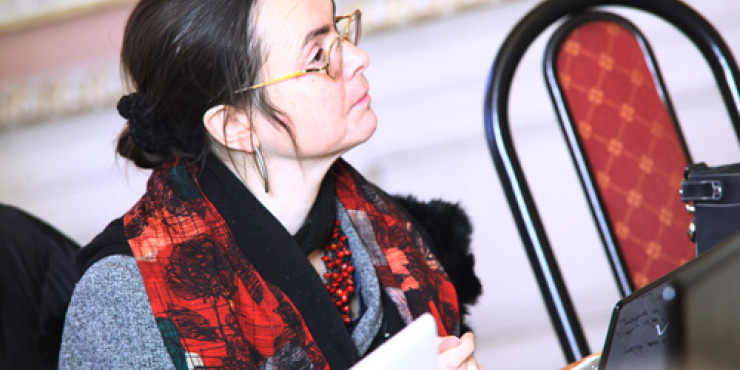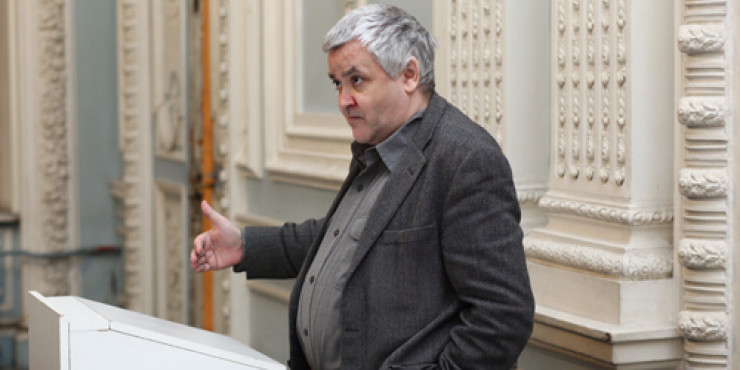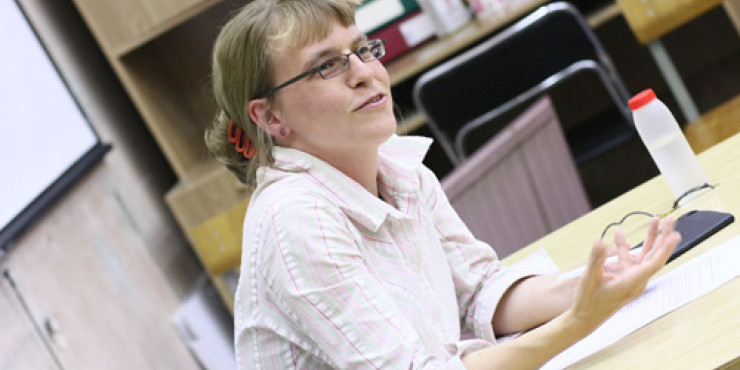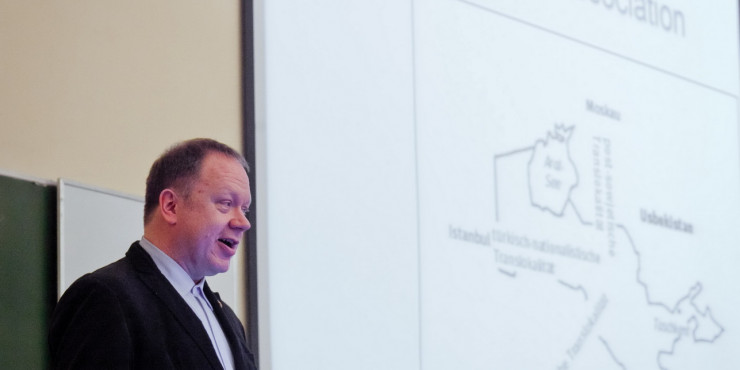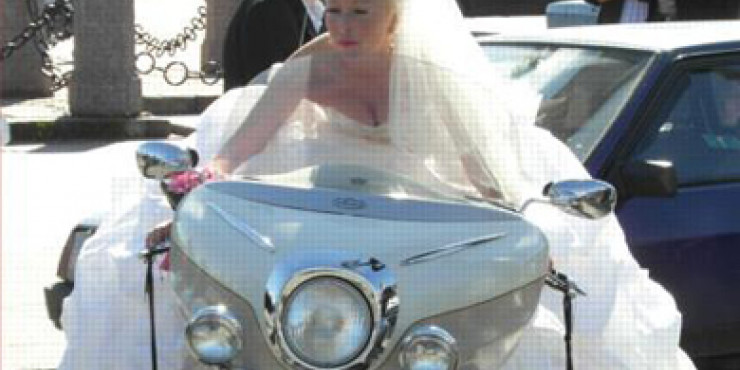NEOLIBERALISM AND THE NEW ROLE OF NGOS IN THE REFORMED WELFARE STATE
23.05.2017
In the 1990s, EU governments begun a shift towards Activation Policies to deal with large numbers of people dependent on welfare benefits. The move took place within the framework of a major reform of the Welfare State, from welfare to work. Underscoring these developments there was a taken for granted ideology called neoliberalism. It consisted of a broad set of contradictory policies, though they had a common goal: profits first. Regarding the self, the hallmarks of neoliberalism were entrepreneurship, independence, and self-responsibility.
